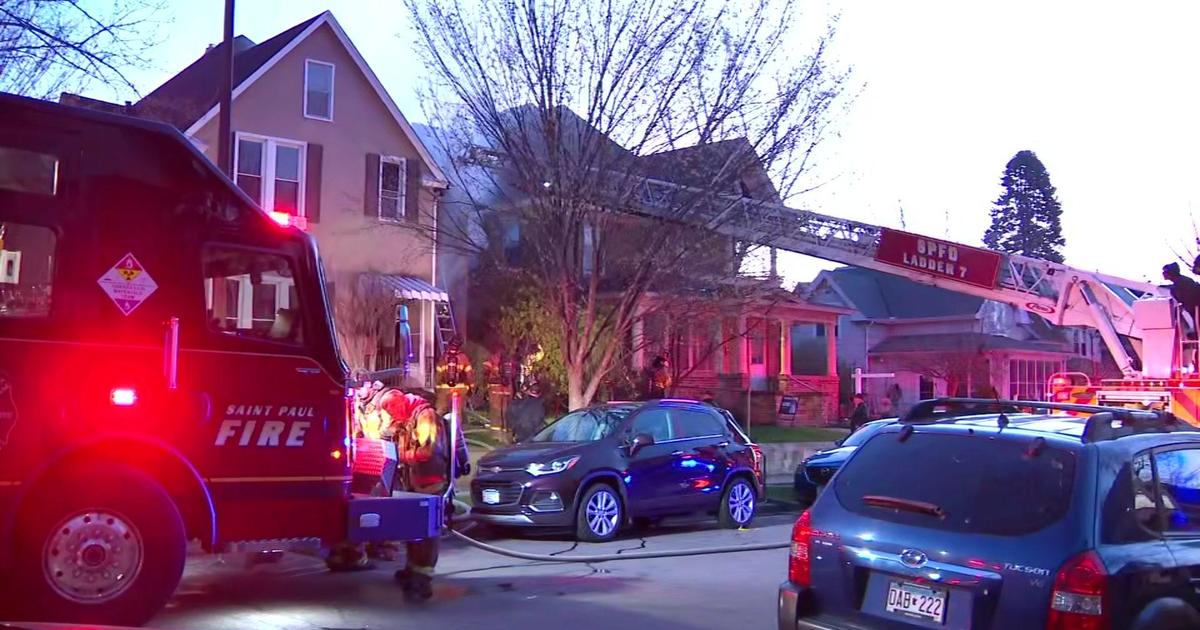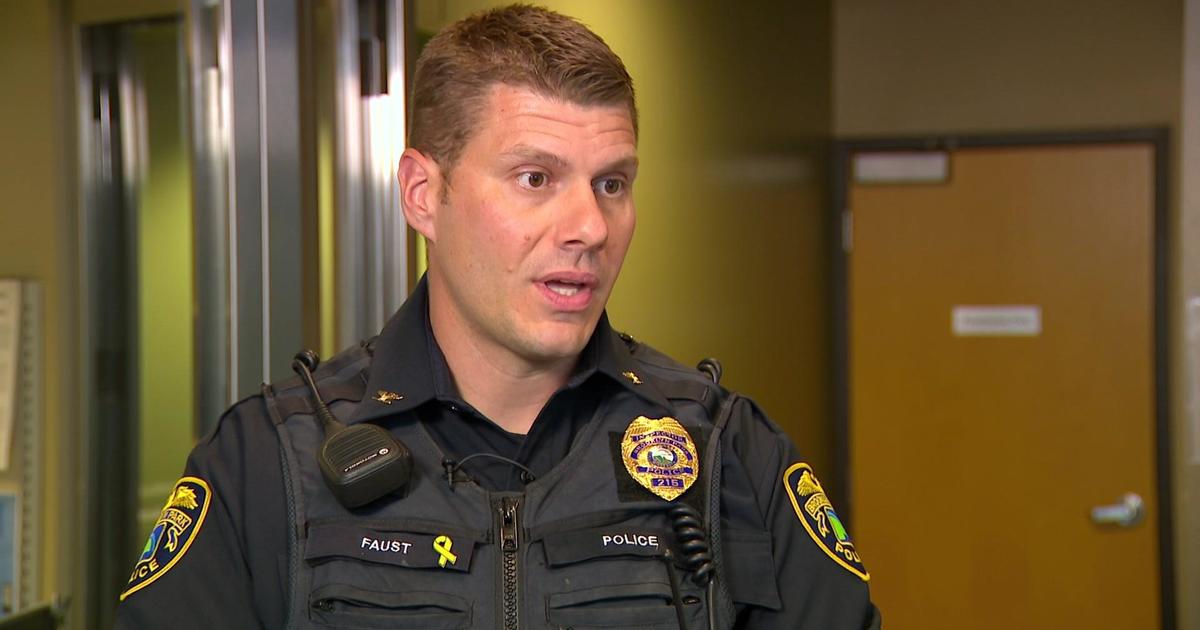No Political Natural, Dayton Somehow Endured
NORTHFIELD, Minn. (AP) — In a jammed side room of a bustling St. Olaf College commons, Democratic Gov. Mark Dayton clinically answered questions about student debt, college affordability and Minnesota's job climate. Aside from a casual reminder to vote next month, it was a soft sell in his uncharacteristically low-key campaign.
It's a far cry from the days when a trimmer, darker-haired upstart intensely pursued a Senate seat, a 1982 race Dayton lost, or from the go-everywhere campaigner who capped a surprising political comeback with a win four years ago.
"I have a fulltime job," he says. "You don't put the state on pause to run for re-election."
Win or lose, Dayton is in the final turn of a campaign run spanning four decades. It's a chase that made a big dent in a personal fortune, dealt him humbling defeats and regularly exposed him to public ridicule. But it also included bounce-back victories that made him state auditor, a senator on his second try and now governor.
This time is different in several ways. It's Dayton's first attempt at winning a second term in an office. The department store heir is running a lower-budget campaign that relies solely on donors after plowing roughly $25 million of his own money into prior runs. And it's his record that's predominantly at issue.
Dayton is concentrating on positives. The record budget deficit he inherited is gone and state reserves are full again. Minnesota's job count is way up. Schools statewide are getting more money and all-day kindergarten is now standard. Minimum-wage workers have gotten raises, and many middle-class families have seen tax breaks.
Republican challenger Jeff Johnson and his allies see problems. Minnesota fumbled the implementation of the federal health insurance law and still hasn't worked out all the kinks. The state spends and taxes considerably more overall, driven by an upper income tax bracket that's now among the nation's highest. An expensive new Senate office building is under construction, and so is a Vikings stadium that relies on taxpayers for roughly half its cost.
Johnson is making a major issue of Dayton's managerial style, saying he too readily blames others when something goes wrong and isn't attentive enough to stop problems before they happen.
"Minnesotans deserve a more engaged governor than we have right now," Johnson said at a recent campaign appearance, a theme he's driven home in a television ad labeling Dayton "unaware" on some high-profile issues.
In Dayton's 2010 run, Republicans tried to depict him as "erratic."
Such portrayals can be fed by Dayton's lack of polish in public. He's never mastered the political sound bite and is prone to disjointed, meandering commentary. His tendency to make split-second decisions catches even his staff off-guard and sometimes leads to confusion about where he stands, such as his unexpected shift from opposing any medical marijuana proposal to helping steer a limited legalization into law.
Some voters say they notice the awkwardness but don't hold it against him.
"I'm actually kind of amazed that he's been elected because he's not really the most people person when he talks," said Michael Baker, 53, a maintenance worker at a private college who lives in Minneapolis and says he's inclined to vote for Dayton. "But I think his heart is in it. I think he's done some good things."
Duluth writer Laura Erickson, 62, has voted for Dayton every time he's been on the ballot. She still has a pair of letters he sent her in 1982 when as a new Minnesota resident and new mother she asked every candidate on that year's ballot about stances she felt would affect her baby's future. Erickson, a bird enthusiast, has been disappointed by some of Dayton's environmental stances lately and for not demanding bird-safe glass on the Vikings stadium.
But he still has her vote.
"Overall he's had a really consistent, honest, forthright approach and I've always been able to trust when he did come up with a stand that was against what I was for, he was trying to think about all of the people of Minnesota and not just me," Erickson said.
It's an assessment also shared by former rival David Durenberger, the former Republican senator who defeated Dayton in the 1982 race despite being massively outspent. Durenberger knew then that Dayton wouldn't fade away. He said he can't complain about his former foe's tenure as governor.
"What I saw in that campaign and what I believe I've seen in each of his statewide campaigns is basically the genuine article," Durenberger said, describing himself as undecided in this fall's race. "There's no BS there. There's no contriving."
If he wins, Dayton will be almost 72 when his term is up. But retirement isn't on his mind.
"If voters turn me out, that's their decision. To me, my timeline in public service has four more years to run," he said. "I don't have any illusions that the grass is greener on the other side of some fence."
(© Copyright 2014 The Associated Press. All Rights Reserved. This material may not be published, broadcast, rewritten or redistributed.)



